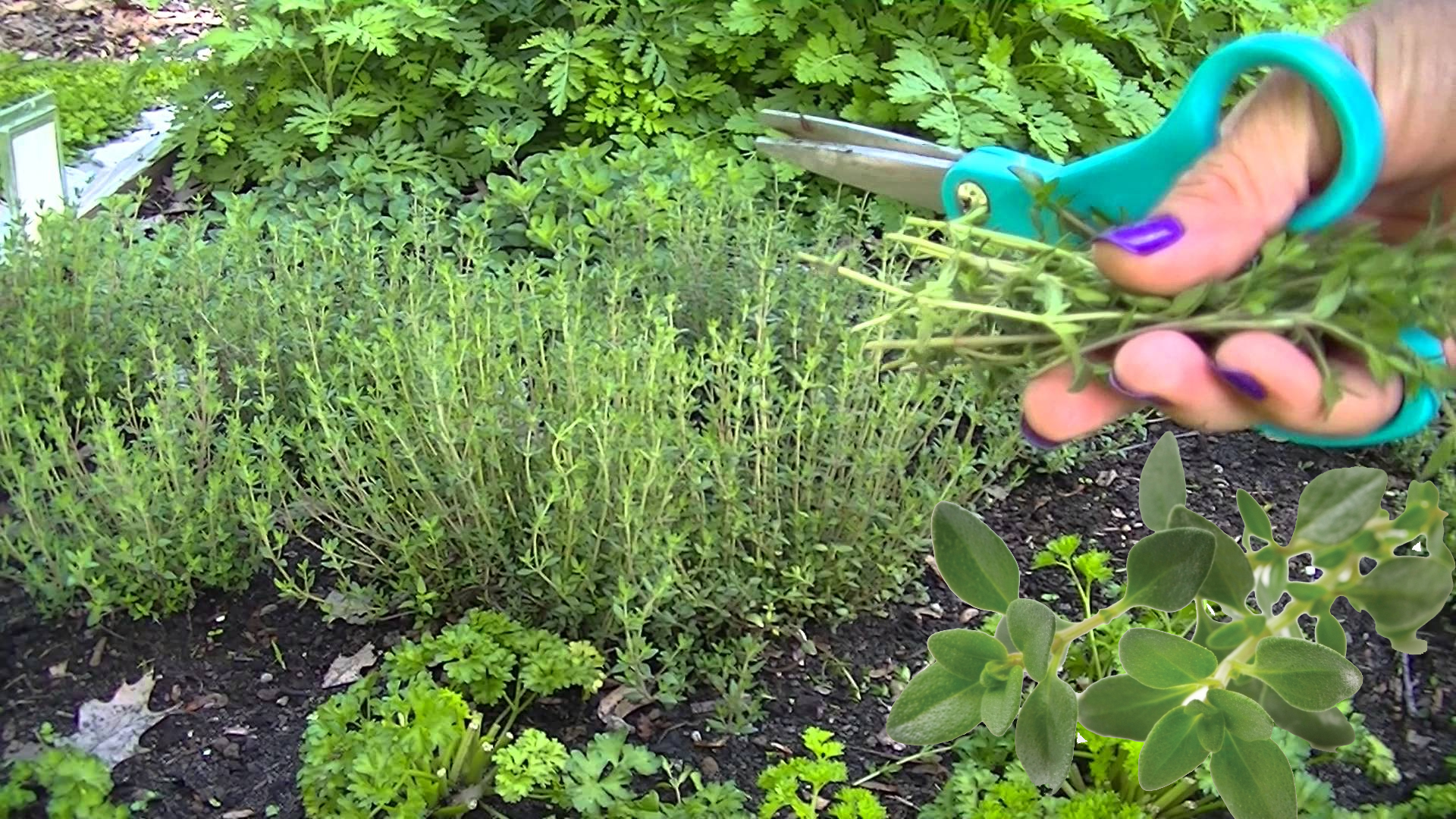Thyme has been enjoyed since ancient times and has spread throughout Europe where it helped flavor food, burned as incense, and was given as a gift. These days, it is an important part of every kitchen and it boasts a surprising number of medicinal benefits. Without a doubt, thyme deserves a place in every garden.

It’s Practically Immortal
It doesn’t require much care and it is easy to grow once established. Thyme likes to be exposed to full or partial sun and it does best in loamy or sandy soil. The seeds germinate unevenly and that’s why it is best to start with seedlings. Give it at least 6 hours of direct sunlight per day and allow the top layer of the soil to dry out between waterings.
It Smells Beautiful
Choose thyme if you are looking for an aromatic garden or home. It boasts a pungent, clover-like flavor and smell. The Romans used thyme’s scent to purify rooms.
It Repels Garden Pests
Thyme can help to keep certain pests at bay. Keep in mind that thyme in the garden is a great idea for keeping away whiteflies, cabbage loopers. corn earworms. tomato hornworms, and smell whites.
It Attracts Pollinators
A few thyme plants will bring beneficial bugs to the garden such as bees and butterflies. These insects bring color and vibrancy to your outdoor space and will work hard to pollinate your flowers and plants.
Uses for Thyme In The Kitchen
Infused Vinegar and Oils
A simple vinegar or oil infusion produced by your thyme harvest is always a good idea. You won’t need a special equipment. This sort of vinegar and oil imparts a wonderful flavor to anything it’s drizzled on and it is perfect as a salad dressing or marinade.
Herbal Butter
Add some homegrown thyme to your butter and liven up your cooked meats and vegetables, pasta, potatoes, and bread.
Lemon Thyme Salt
A light sprinkling of thyme and lemon sea salt will impart a burst of flavor to a simple grilled fish dish or plate of roast vegetables.
Sauces and Soups
Pairing thyme with citrus, garlic, peppercorn, cream, butter, olive oil, and white wine is simply delicious. Also, it pairs well with potato, roast mixed vegetables, chicken, mushrooms, and leafy greens.
Salads and Salad Dressings
Add fresh or dried thyme in a simple mixed tomato salad, or warm lemon chicken salad. Also, it makes a great combination with orzo, mozzarella, sundried tomatoes, and arugula.
